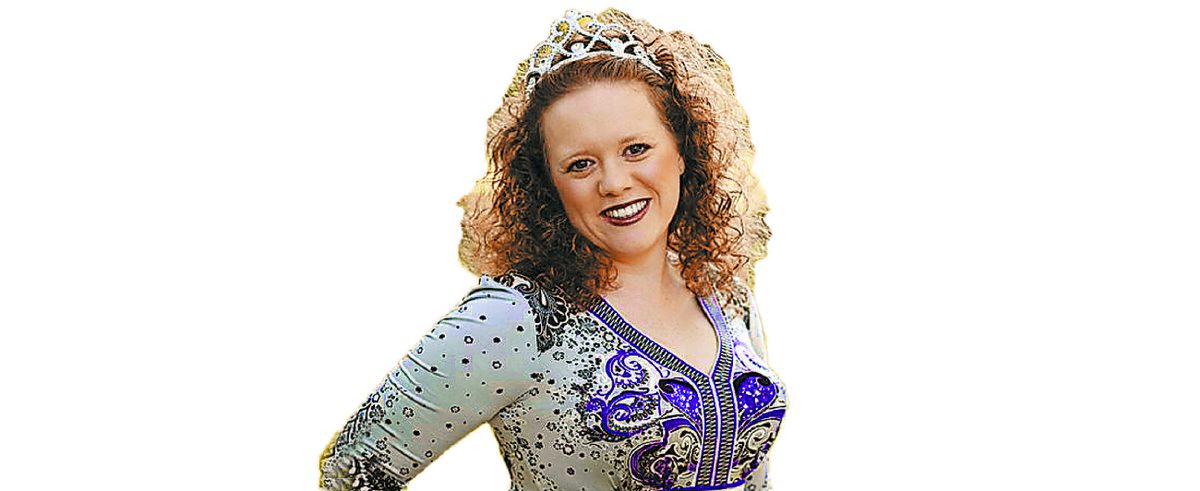Most of us have problems with money.
At one point in my life, I would have argued my biggest problem with money was not having enough. Maybe you’ve felt this way before. We buy into the lie that if we just had a little bit more, life would be easier and our problems would evaporate.
We’ve all seen that more money doesn’t necessarily equate to an easier existence. After all, lottery winners often wind up flat broke. And even if their lives look shiny and happy from the outside, wealthy people struggle with life too. “Mo’ money, mo’ problems.”
If we struggle to stay on track when it comes to a budget, overspend on a regular basis or fail to plan for emergencies, it seems like we have money problems. However, our interactions with money often present as symptoms of a greater issue.
You can set up a rocking spreadsheet. You can organize your bills. You can switch to an all-cash spending system. But unless you change your heart’s position toward money, no matter how effective your methods, there will never be enough money. You’ll find yourself wanting more with each bit of personal finance success.
This is the best time of the year to redouble your efforts when it comes to managing money well. As Thanksgiving draws near, many of us begin reflecting on counting our blessings. This practice can affect your bank account in positive ways, too. Here’s how to leverage gratitude to manage what you have instead of focusing on what you don’t.
Make a love list
While sharing what you’ve been grateful for this year around the carved turkey inspires and warms our hearts, you may want to make a list of a few other things, too. Especially in the face of a holiday season that entices us to spend, spend, spend, it’s wise to develop a “Love List.”
What do you really love? What gives you life? What brings you joy? Take a few minutes to number a page from 1 to 10 and fill in the list. For me, my family, a good belly laugh, an excellent book and a well made glass of iced tea rank near the top of the list. When you know what you really love, you’ll spend the money you do have with intention.
The first time I endeavored to implement this practice, I was shocked at how little the items on my list cost. Many couldn’t be purchased in a store.
Post the list
After you’ve composed your list, post it where you’ll regularly see it. Maybe you’ll type up the list and place it inside your wallet near your debit card or cash. Perhaps you’ll tape it to your bathroom mirror to be reminded every day of the things you love. Or you could even snap a photo and allow your phone’s lock screen to remind you of your true passions.
Get in your own way when it comes to being of a grateful mindset. The more you’re reminded of what truly matters, the less you’ll want the things you can’t afford.
Transfer gratitude into action
It took more years than I’d care to admit for me to realize that no matter how little I felt like I had, there was always someone looking at me longing for the opportunity to live my life. In the same ways I spent pining over the lifestyles of the rich and famous, another saw my experience through that same lens.
Instead of deriving purpose and value by pitying those with less, choose to empower those around you by giving and serving.
For instance, if your list reminds you of your love of reading, choose to share that gift. You could pass along a favorite book to someone who needs it. You could volunteer at a local school or library, helping those who struggle with literacy. Or you could make a donation to an organization that combats illiteracy.
Each time we venture outside of our comfort zone, refocusing our eyes on what we can do instead of what we don’t have, our issues with money begin to dissipate.
Spend time,
not money
Over the last 18 months, I’ve attended three difficult funerals. My dad lost his dad and two younger brothers in less than two years, leaving him as the sole member of his family.
Death reminds us of the temporary nature of things. At a funeral, no grieving loved one wishes they would have bought more stuff. Instead, each longs for more time.
This holiday season, make it your aim to spend time (instead of money you don’t have) on those you love. Sometimes, spending time together might be enhanced by spending money — sharing a meal or celebrating a holiday tradition. But when we spend money we don’t have, we can sour the memory or even the connection we’re trying to establish with friends and family.
One of the best starting points for managing money well has little to do with decimal points and interest rates. Gratitude lays the foundation for smart financial practices.




